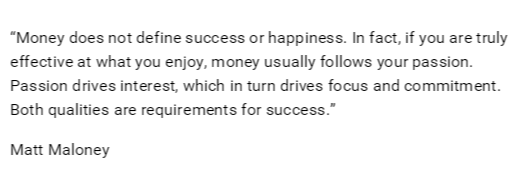33% India
13% China
9% Nigeria
5% Bangladesh
5% DR Congo

Archives of “January 13, 2019” day
rssShare of world's extreme poor
The Best & Great Traders :Really They are Very Different

Illusion
Trading can be an expression of self esteem; it cannot substitute for a self. To change yourself is noble, but only shattered dreams come from efforts to change your self. You will succeed by becoming more of the person you are at your best, not by overreaching in vain hopes of transformation.
Invert, always invert.

A Trader’s 10 Best Friends & 10 Worst Enemies (Video )
William Eckhardt Trading Quotes

- “Don’t think about what the market’s going to do; you have absolutely no control over that. Think about what you’re going to do if it gets there. In particular, you should spend no time at all thinking about those rosy scenarios in which the market goes your way, since in those situations, there’s nothing more for you to do. Focus instead on those things you want least to happen and on what your response will be.” – William Eckhardt
- “Trading is also highly addictive. When behavioral psychologists have compared the relative addictiveness of various reinforcement schedules, they found that intermittent reinforcement – positive and negative dispensed randomly (for example, the rat doesn’t know whether it will get pleasure or pain when it hits the bar) – is the most addictive alternative of all, more addictive than positive reinforcement only. Intermittent reinforcement describes the experience of the compulsive gambler as well as the future trader. The difference is that, just perhaps, the trader can make money.” However, as with most affective aspects of trading, its addictiveness constantly threatens ruin. Addictiveness is the reason why so many players who make fortunes leave the game broke.” – William Eckhardt
- “If you’re playing for emotional satisfaction, you’re bound to lose, because what feels good is often the wrong thing to do. Richard Dennis used to say, somewhat facetiously, “If it feels good, don’t do it.” In fact, one rule we taught the Turtles was: When all the criteria are in balance, do the thing you least want to do. You have to decide early on whether you’re playing for the fun or for the success. Whether you measure it in money or in some other way, to win at trading you have to be playing for the success.” – William Eckhardt
SELF AWARENESS

“Money does not define success or happiness. In fact, if you are truly effective at what you enjoy, money usually..

Irrational and Odd Behaviors of Traders
Anchoring: our habit of focusing on one salient point and ignoring all others, such as the price at which we buy a stock.
Bias Blind Spot: we agree that everyone else is biased, but not ourselves.
Confirmation Bias: we interpret evidence to support our prior beliefs and, if all else fails, we ignore evidence that contradicts it.
Disposition Effect: we prefer to sell shares whose value has increased and keep those whose value’s dropped.
Framing: the way a question or situation is framed can determine your response.
Fundamental Attribution Error: we attribute success to our own skill and failure to everyone else’s lack of it.
Herding: we tend to flock together, especially under conditions of uncertainty.
Illusion of Control: we do things that make us feel in control, even if we’re not.
Loss Aversion: we do stupid things to avoid realizing a loss.
Overconfidence: we’re way too confident in our abilities, which seems to be an in-built bias that we’re unable to overcome without excessive effort.
